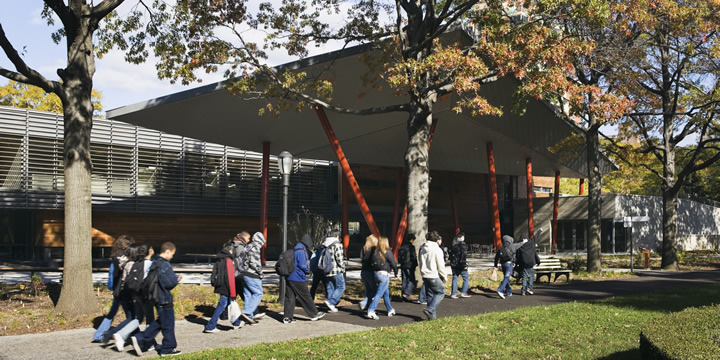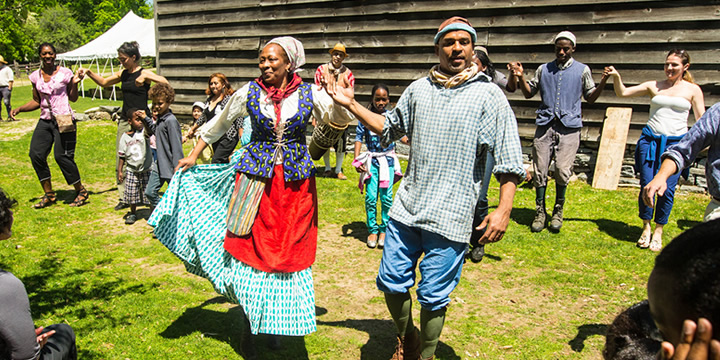Featured Organizations Con Edison Supports
Battery Conservancy
The Battery Conservancy was created in 1994 as a notforprofit educational corporation to rebuild and revitalize The Battery, the 25-acre public park at the southern tip of Manhattan, and its major landmark, Castle Clinton National Monument. Serving over 280,000 people working within walking distance and 50,000 residents, the conservancy ensures the health of the Battery’s gardens, and continues to update the Battery’s plant database and propagate a variety of shrub and perennial species.
City Parks Foundation
City Parks Foundation enriches and connects New Yorkers through free and accessible arts, sports, education and community-building initiatives through its programs in parks throughout all five boroughs of New York City. Through its Learning Gardens program, the City Parks Foundation connects more than 3,000 children, public school teachers, and community members with their local community gardens, improving learning and teaching in public schools, and creating gardens that act as safe, active centers of community life. The City Parks Foundation currently maintains four Learning Gardens Grove Hill Community Playground (South Bronx), Liberty Park (Jamaica, Queens), Umoja Community Garden (Bushwick, Brooklyn) and Abib-Newborn Garden (Brownsville, Brooklyn).
Queens Botanical Garden

Queens Botanical Garden is a 39-acre living museum where people, plants, and cultures are celebrated through inspiring gardens, innovative educational programs, and demonstrations of environmental stewardship. Located in an ethnically diverse community, Queens Botanical Garden serves over 200,000 visitors each year, offering horticultural collections, education and research initiatives, and public programs that demonstrate environmental stewardship, promote sustainability, and celebrate the rich cultural connections between people and plants. In 2012, Queens Botanical Garden’s Environmental Education workshops served approximately 17,000 schoolchildren from more than 200 schools—over 90 percent of them were public school students, many from schools in underserved areas of New York City.
Trout Unlimited—Trout in the Classroom
Trout Unlimited (TU) is the nation’s leading coldwater conservation organization, with over 135,000 members in approximately 400 chapters nationwide working to conserve, protect and restore coldwater fisheries and their watersheds. Trout Unlimited achieves this mission by doing stream restoration work, public education and outreach, and conducting scientific research through its flagship program, Trout in the Classroom (TIC). Since its start in 1997, Trout in the Classroom has grown from just two to over 200 schools statewide, serving hundreds of teachers and thousands of students each year, with environmental education programs through which K-12 students and teachers receive trout eggs in the autumn, raise the trout to small fry, and release them in appropriate waters in the spring. Raising trout in the classroom provides excellent context for discussing the need for healthy, clean water throughout the students’ drinking water supply watersheds.
Jay Heritage Center

Jay Heritage Center (JHC) is a living, interactive “textbook” for adults and students of every diverse, socioeconomic demographic. The Jay Property in Rye is the boyhood home of New York State’s only native Founding Father, John Jay (1745-1829). Located next to a marshlands preserve with public trails, this sylvan and historic 23-acre park is all that remains of the original 400-acre Jay family estate where America’s first Chief Justice of the Supreme Court and author of The Jay Treaty grew up. The Jay Heritage Center serves hundreds of participants through programs like “Footprints Matter”, a series of energy-efficiency and environmental community outreach workshops. Those who attend these free workshops and events take this vital information and use it in their own workplaces, homes, and backyards, to help sustain their communities and to demonstrate environmental stewardship.
